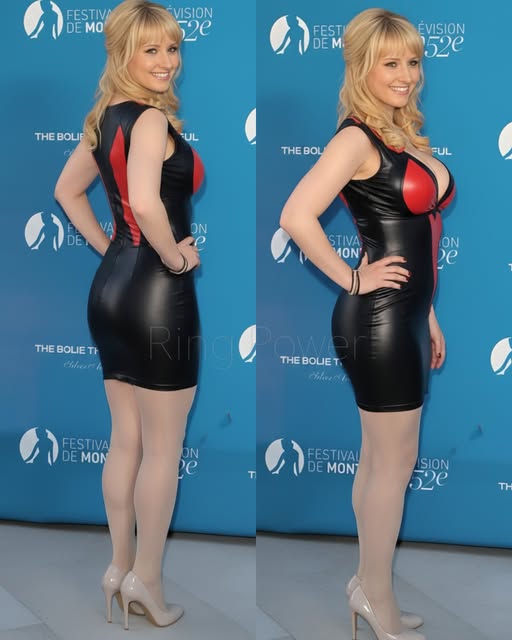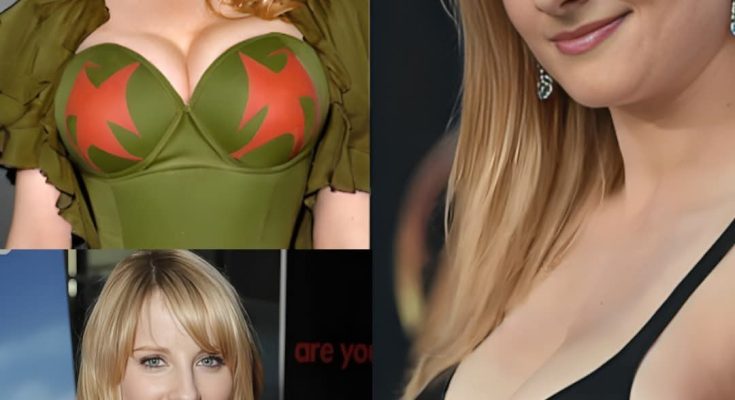Melissa Rauch: she masterfully pulled off one of the most quietly subversive moves in modern Hollywood. While everyone was busy laughing at her character Bernadette’s squeaky voice and petite frame on The Big Bang Theory, Rauch was weaponizing that very stereotype. Behind the scenes, she was sharpening her pen, co-writing and starring in The Bronze—a dark, raunchy, and brilliantly uncomfortable satire about a fallen gymnastics star that completely torched her “nice girl” image. It was a middle finger to typecasting, a statement that she refused to be limited by the very role that made her famous. And then, in her ultimate power move, she didn’t just return to network TV—she resurrected Night Court, stepping not only into a beloved franchise but into alegacy role as its producer and star. Rauch’s career isn’t just a success story; it’s a lesson in strategic rebellion. She played the industry’s game, collected her check, and then rewrote the rules entirely, proving that the biggest voices often come from those everyone underestimates.

Melissa rauch 

Bryce Dallas Howard is quietly orchestrating one of the most compelling second acts in modern cinema, and it’s making the old guard look obsolete. While she’s sprinting in heels away from dinosaurs in billion-dollar franchises, her real power move is happening behind the camera. She’s become the go-to director for intimate, genre-bending episodes of The Mandalorian and The Book of Boba Fett, earning a level of critical respect and fan reverence that most legacy actors turned directors only dream of. It sparks a fascinating debate: is she leveraging her blockbuster fame as a Trojan horse to infiltrate and conquer a director’s chair that’s notoriously guarded? She’s not just playing the game; she’s methodically rewriting the rules, proving that in an industry obsessed with labels, the most potent title isn’t “movie star”—it’s “storyteller.” And that shift in power? That’s the real thriller.




